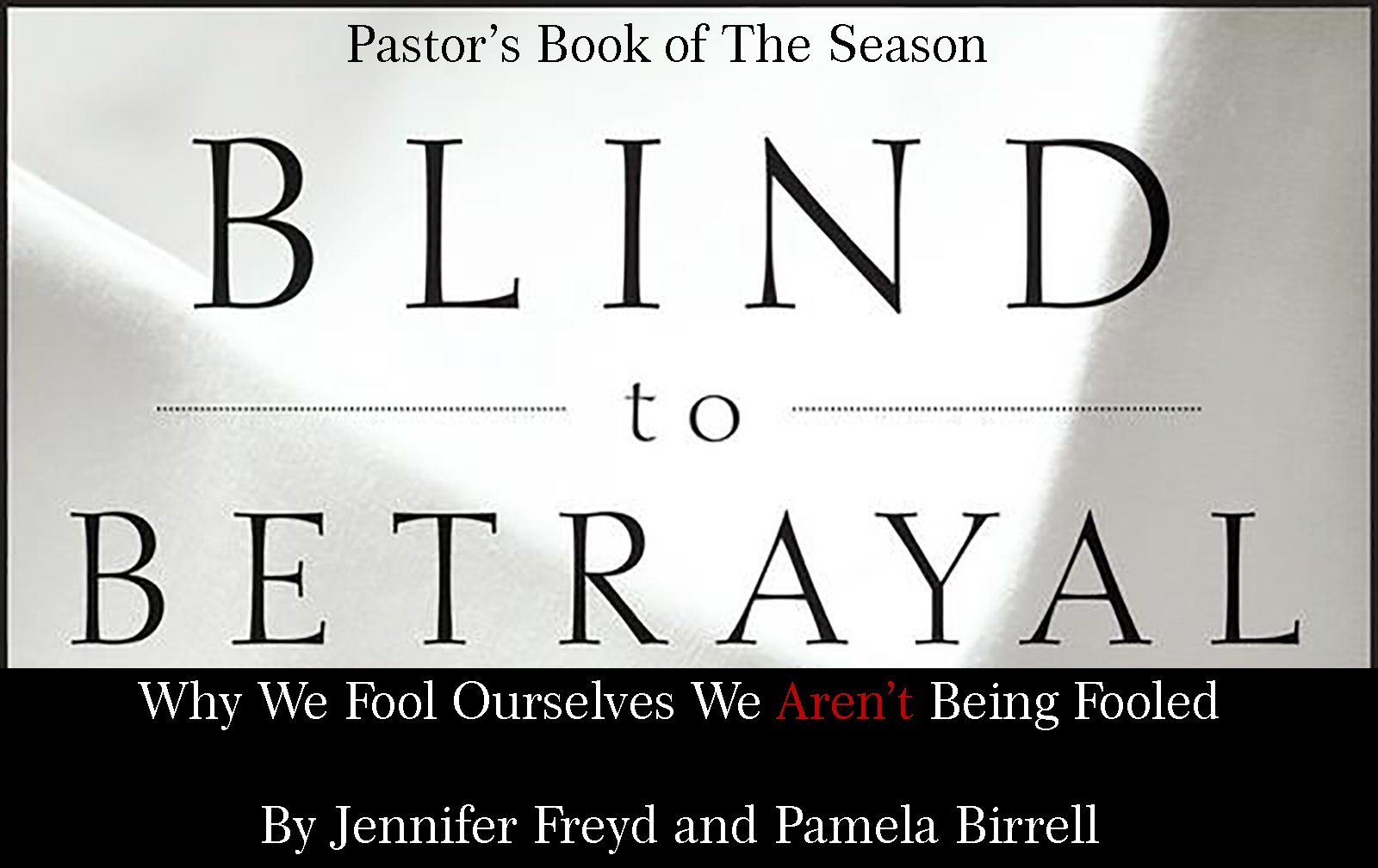

Many believe that a vague association with Jesus is the summation of Christianity but Jesus never asked to be admired, he called people to pick up their cross and follow him (Matt. Culture can sometimes view it as negative to talk about what you’re “against” rather than what you’re “for.” When, to proclaim the Gospel in truth and love, we must preach both. I think we need to be crystal clear about what the Gospel is and what it is not. Many people are simply “Jesus Admirers” how do pastors reach out and turn these people into “Jesus Followers?” Our standard of what it means to be good changes radically when that standard is God. However, when we compare ourselves to God, the only response can be that of the tax collector in Luke 18 who cried “God have mercy on me, a sinner” (Luke 18:13). It’s easy to deem yourself righteous when you’re playing by the rules of the suburban standards. I like to call shifting this paradigm “changing the comparison game.” When we compare ourselves to other people we can usually feel pretty good about our morals and ethics.

It is hard to reach someone for Christ who believes in Jesus factually or even admires Him but doesn’t really think they need him for their salvation or in everyday life. I would argue that the biggest religious belief in America is that “good people go to heaven.” There is no explanation on what it means to be good or exactly what heaven is, but the view still stands. How do we fight the lie of “I’m a good person so I’m saved?” This is far from an imaginary friend or some kind of “big man upstairs.” If the Scriptures are not the ultimate source for one’s understanding of who God is, it is likely that the god believed in is one constructed by American culture, sentimentality, or personal experience, rather than from true knowledge of God Himself. He is the one true God who has made Himself known to us by His Word and ultimately through Jesus Christ (Hebrews 1:1?2). To suggest someone who claims to believe in God doesn’t actually believe in God is quite the tense conversation! We must help people to understand that God is not generic or vague.

This process begins with a realization that it could be very difficult and even offensive. How can we reach those who believe there is a “god” but not the God of the Bible? This is also a guide for pastors to recognize the various types of cultural Christians in their churches every Sunday. In his new book, The Unsaved Christian Pastor Dean Inserra challenges the notion of cultural Christianity and shows those in the local church how to identify and engage with various types of beliefs that have crept into the minds and hearts of those we interact with every day.


 0 kommentar(er)
0 kommentar(er)
